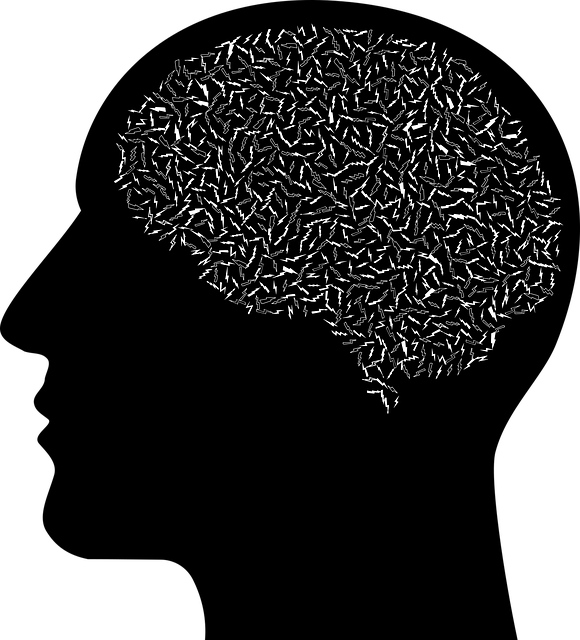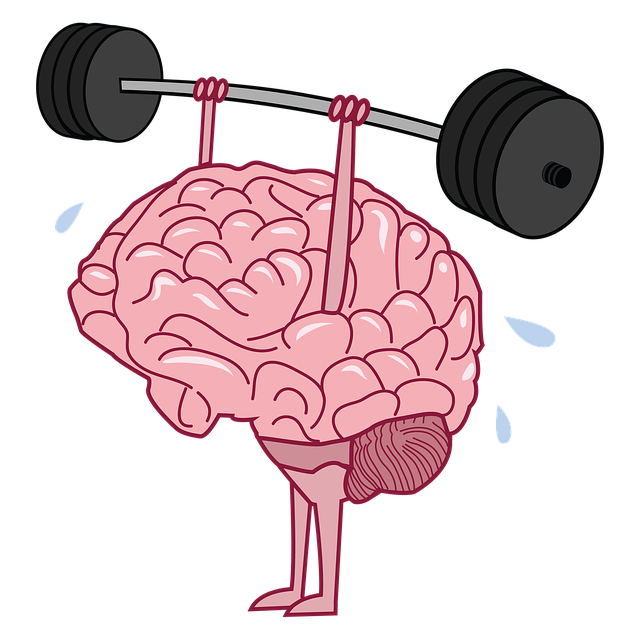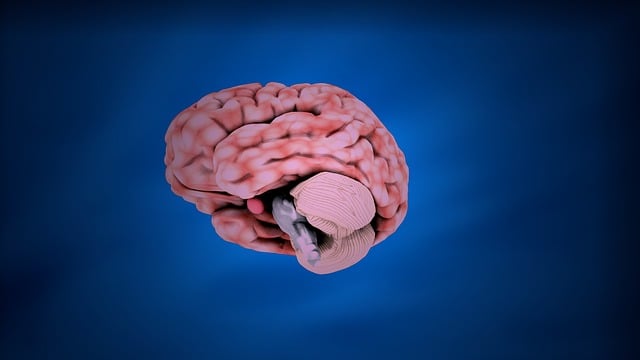Media portrayal of mental illness significantly impacts societal attitudes, with stereotypes leading to stigma. Realistic representations can reduce this stigma and encourage support. For children, Acceptance and Commitment Therapy (ACT), which promotes self-compassion and mindfulness, is beneficial. Media literacy equips young audiences to navigate media landscapes, fostering more empathetic understanding. By showcasing diverse mental health characters and incorporating therapeutic practices like ACT, media can promote positive mental health representations. Community outreach programs further enhance accessibility to mental healthcare support for children.
In today’s media-saturated world, the representation of mental illness can significantly shape societal perceptions. This article explores how harmful stereotypes can impact individuals’ understanding of mental health, especially children. We introduce Acceptance and Commitment Therapy (ACT) as a powerful solution to challenge these narratives. By providing strategies for promoting positive mental illness representation in media, we aim to foster empathy, reduce stigma, and encourage supportive environments for all, including young minds seeking therapy.
- Understanding the Impact of Media Portrayal on Mental Health Perception
- Introducing Acceptance and Commitment Therapy (ACT) as a Solution
- Strategies for Promoting Positive Mental Illness Representation in Media
Understanding the Impact of Media Portrayal on Mental Health Perception

Media portrayal of mental illness significantly shapes societal perceptions and understanding of various conditions. Often, stereotypical or inaccurate representations in film, television, and other media can lead to stigma and further isolation for individuals struggling with their mental health. These narratives can either perpetuate harmful ideas or, conversely, offer a platform for increased awareness and empathy. When media portrays mental illness realistically, it has the potential to foster public acceptance and reduce the associated stigma, encouraging support systems and early interventions.
Children, in particular, are susceptible to the influence of media. Their developing minds can easily absorb and internalize these messages, shaping their perceptions of themselves and others with mental health challenges. Implementing therapeutic approaches like Acceptance and Commitment Therapy (ACT) can help build inner strength and resilience in children. By teaching them communication strategies and empathy-building techniques, media literacy becomes a powerful tool to navigate the complex landscape of mental health representation, ultimately promoting more nuanced and compassionate understanding in young audiences.
Introducing Acceptance and Commitment Therapy (ACT) as a Solution

Acceptance and Commitment Therapy (ACT) offers a promising approach to addressing mental illness representation in media, especially for children. This therapy focuses on helping individuals accept their emotions and experiences without judgment, fostering a more positive relationship with the self. By promoting present-moment awareness and defusing from unhelpful thought patterns, ACT empowers young people to engage in valued actions despite the presence of difficult thoughts or feelings.
Incorporating cultural sensitivity into mental healthcare practice is integral to this process. ACT adapts to diverse cultural backgrounds, ensuring that therapeutic techniques resonate with individuals from various communities. By combining evidence-based practices with an understanding of cultural contexts, therapists can create inclusive environments that encourage open discussions about mental health. Additionally, stress management strategies within ACT help children develop resilience, enabling them to navigate media’s influence more effectively and maintain their emotional well-being. Community outreach program implementation can further enhance these efforts by bringing therapy into schools and community centers, making mental healthcare support more accessible and reducing the stigma surrounding seeking help.
Strategies for Promoting Positive Mental Illness Representation in Media

Media has a significant impact on shaping societal perceptions and attitudes towards mental illness. To promote positive representation, various strategies can be employed. One effective approach is to showcase diverse characters with mental health struggles who are not defined solely by their illness but rather portrayed as multi-dimensional individuals with unique strengths and weaknesses. Encouraging collaboration between mental health professionals and media creators can provide authenticity and accuracy in depicting therapeutic processes, such as Therapy for Children or Acceptance and Commitment Therapy (ACT).
Additionally, incorporating practices like Mindfulness Meditation, Mental Wellness Journaling Exercises, and Compassion Cultivation can enrich storytelling by offering insights into self-care and resilience. By presenting these techniques alongside compelling narratives, media can inspire viewers to develop their own coping mechanisms and foster a culture of acceptance and support for mental wellness. This holistic approach ensures that conversations about mental illness in the media are both informative and compassionate.
Media representation plays a pivotal role in shaping societal perceptions of mental health. By implementing strategies that promote positive and accurate portrayals, we can foster a more accepting and supportive environment. Acceptance and Commitment Therapy (ACT) offers a promising approach, encouraging individuals to accept their emotions and commit to valued actions. Through educating media creators and promoting diverse narratives, we can challenge stereotypes and improve mental health discourse, benefiting those seeking therapy, particularly children who are susceptible to these influences.














